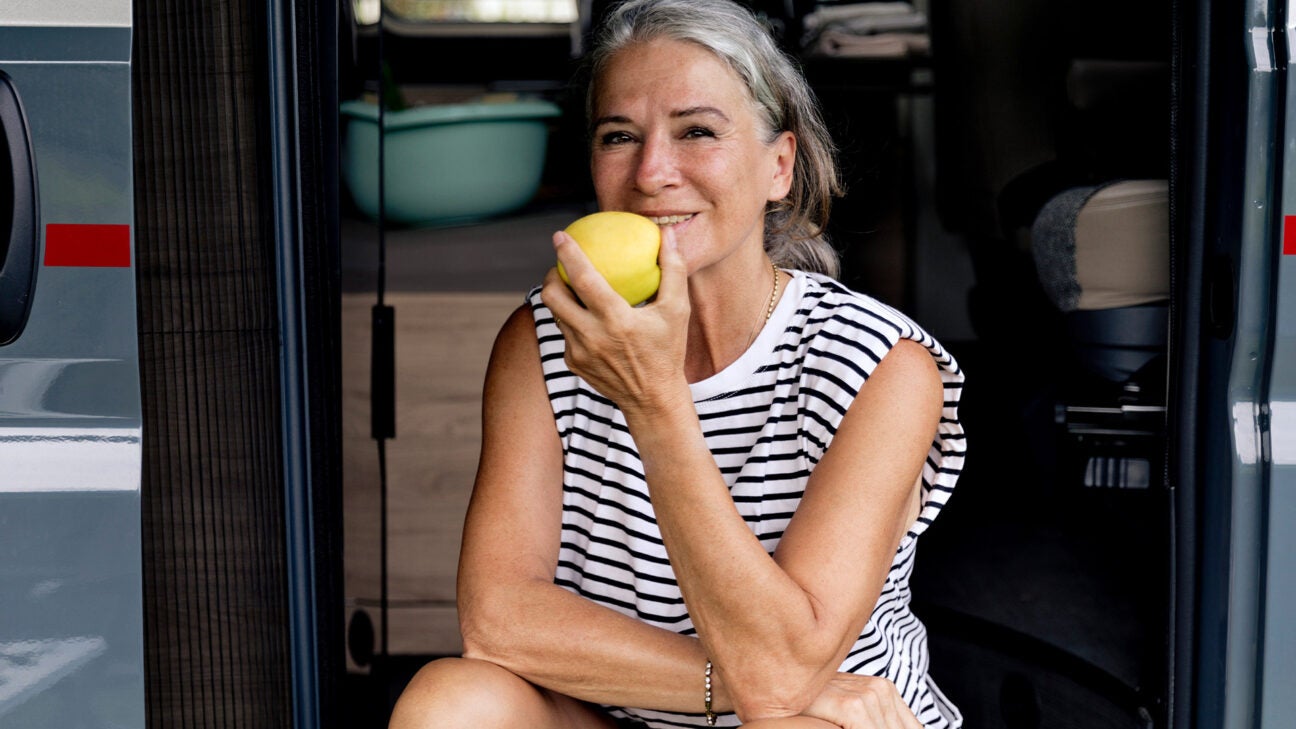
- Research findings shared by a multinational team found that the consumption of flavanols may boost cognitive abilities in some older adults
- Previous research has suggested a link between flavanol consumption and cognitive aging that may depend on diet quality.
- Flavnaols are naturally occurring chemicals found in a variety of foods including grapes and tea.
New research, published May 30 in Proceedings of the National Academy of Sciences, suggests that consumption of flavanols—a chemical compound found in foods like cocoa—could boost memory in some older adults.
The study included more than 3,500 people and spanned three years.
Flavanols are a common type of chemical found naturally in a variety of foods including cocoa, tea and grapes
What the study found
The study was conducted by researchers at a variety of institutions including Columbia University, Harvard University, New York University, and the University of Reading in the UK.
Participants were divided up into two roughly equal groups. One received a flavanol dietary supplement while the other received a placebo.
Researchers used tools including Alternative Health Eating Index (aHEI) scores and the Modified Rey Auditory Verbal Learning Test (ModRey) test to identify baseline health and memory scores.
Participants were followed over a 3-year period.
The biggest improvements were found among those with the lowest aHEI scores (below 38) which, according to the researchers, “reflects a diet quality ranging from the US average to slightly below average.”
They found that those who had a poor diet, but who received a flavanol pill had a sustained increase in baseline memory levels as compared to those who received a placebo pill.
The pill contained about 500 milligrams of cocoa-based flavanols, a naturally occurring compound.
The study was partially funded by the Mars Inc. food company.
A focus on “cognitive aging” instead of Alzheimer’s disease
Dr. Adam Brickman (PhD) one of the authors of the study, says it’s important to keep in mind that while a lot of research into memory in older adults tends to focus on conditions like Alzheimer’s, research like his and his team’s is more keyed in on what is called “cognitive aging.”
“I think that, based on the experiments that we’ve done over the past 15 years or so, we’re tapping into a memory system that we think changes with normal aging…In a segment of normal, relatively healthy, older adults, there’s been depletion of flavanol levels.”
Those whose test results included medium and high aHEI scores did not see the same improvements with the pill.
Kelsey Costa (MS, RDN) says that research like this can have a significant impact in the field, as practitioners and clients come to understand more of how diet can impact cognitive performance.
“Just as certain nutrients are crucial for developing brains, certain nutrients are essential for maintaining cognitive function as we age. It’s critical to prioritize preventive nutrition that promotes healthy aging, and incorporating dietary flavanols is an integral part of this strategy.”
How to eat more flavanols
While the designers of the study chose cocoa-based flavanols, there are many other options including tea, berries, and grapes. Maya Feller (MS, RD, CDN) says that, in order to increase your flavanol levels, it’s important to make sure you choose a method that is accessible to you.
“Flavanols are found in a wide variety of plants including fruits, vegetables, tea, cocoa, and fermented grapes. I generally recommend that people start with plants that are affordable, accessible, culturally relevant, and tasty as an entry point to incorporating them into their pattern of eating. Canned, fresh, frozen, boxed, and jarred are all options for adding more plants to a person’s pattern of eating.”
Some experts remain skeptical of benefits
It’s important to note that some in the field are less sure that the study shows significant benefits tied to increased flavanol levels outside of those with less-than-ideal diets.
Dr. Naveed Sattar, Professor of Metabolic Medicine, University of Glasgow, said in comments shared by the Science Media Centre, that studies like this can give the “illusion of benefit” and that it’s much better for the general person to not immediately go and seek out a drastic increase in their flavanol intake.
“People should not rush to such drinks or diets but rather keep doing the things that we 100% know protect against many illnesses – eat better (and fewer calories if overweight), walk a little more and sleep well and have traditional risk factors tested and, if needed, improved.”
Another person who was not involved in the study, Dr. Aedin Cassidy, Chair in Nutrition & Preventative Medicine at the Institute for Global Food Security, Queen’s University Belfast, shared in the same release that the dosage suggested by the researchers is one that most people should be able to meet if they feel they need to make dietary changes.
“The dose required for these improvements in brain health are readily achievable – for example 1 mug of tea, 6 squares of dark chocolate, a couple of serving of berries/apples would together provide about 500mg of flavanols…”
Eating Foods With Flavanols May Help Boost Your Memory
Source: Pinoy Lang Sakalam



0 (mga) komento:
Mag-post ng isang Komento